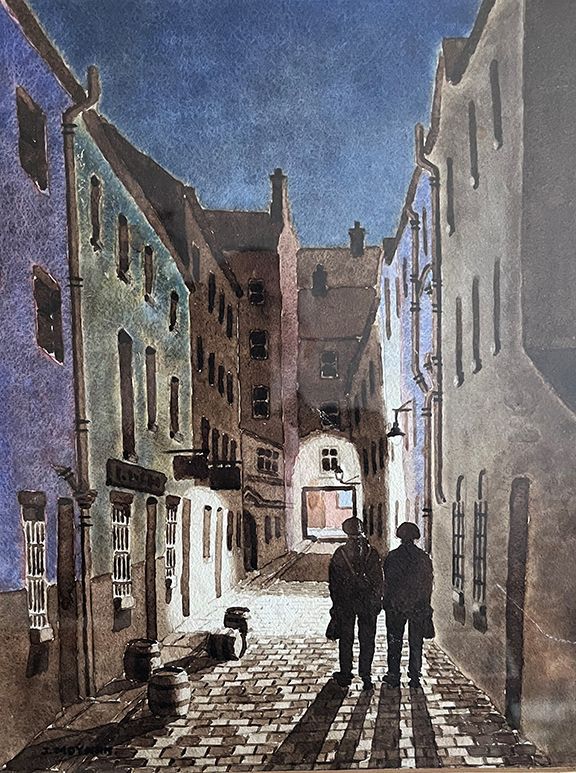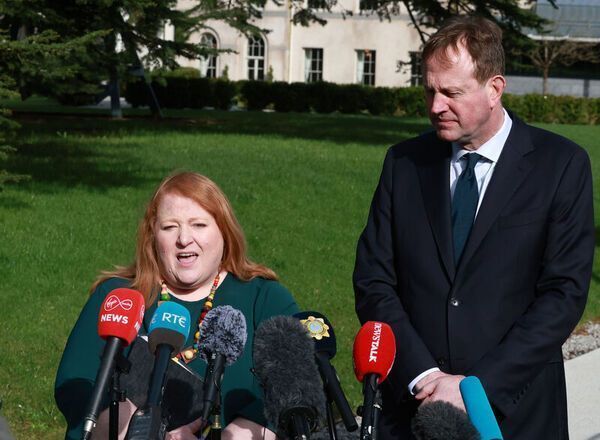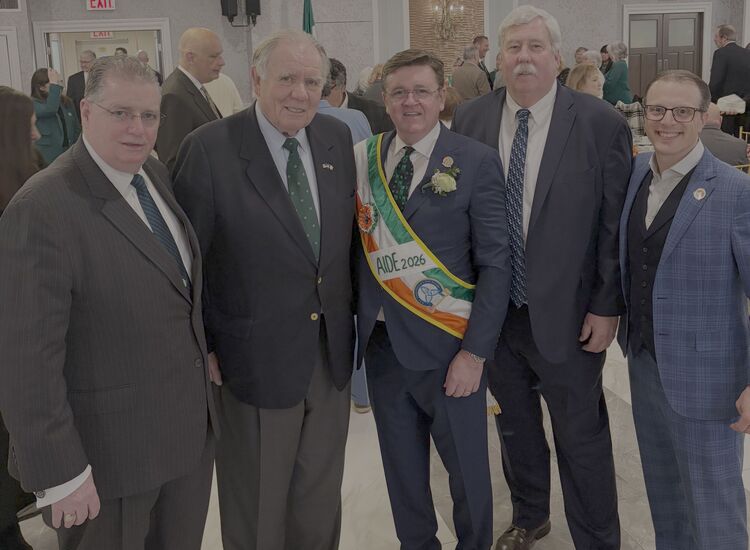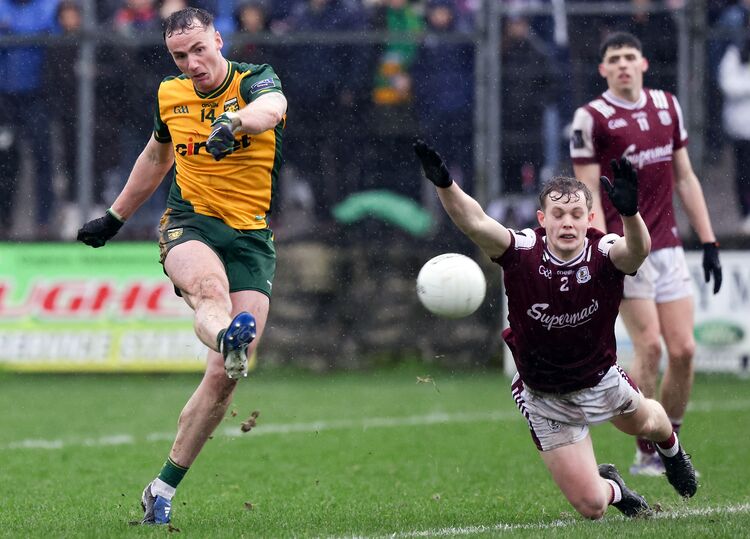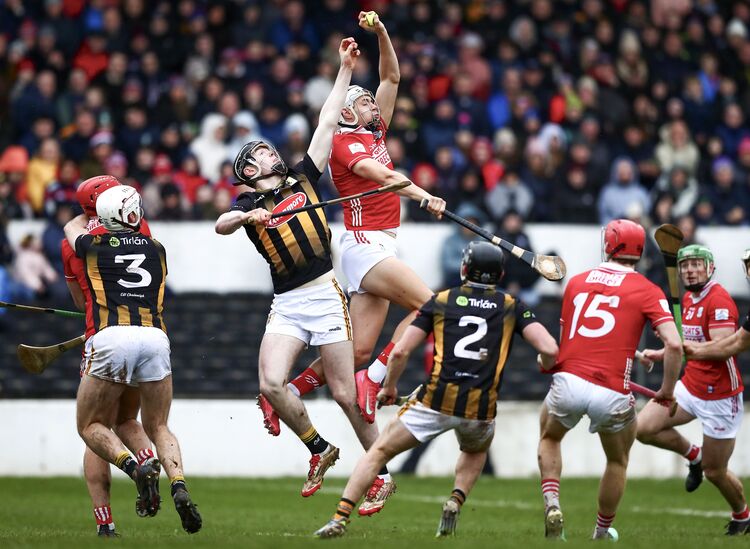The recent cold snap and the sniffles of many of my associates reminded me of when I was a young curate in The Duke of York pub in Commercial Court in Belfast in the mid 1960s.
In those days, a hot whiskey was the cure for colds of all kinds. In the Dukes a "Hot Coleraine" was the much prized preference of hot whiskey drinkers whether they had a cold or not. But in the winter it was regularly utilized to see off the ravages of Belfast chills for all and sundry.
The Coleraine Distillery was located in the town of Coleraine. Distilling had been going on in Ireland since the seventeenth century. The distillery was converted from an old mill in 1820. In 1845 it was the whiskey of choice of the London House of Commons, so “HC” was put on the labels of its bottles. Coleraine was reputed to be one of the most meticulous distilleries ever. No whiskey was bottled under 10 years old.
The distillery was eventually bought out by Bushmills and production continued until 1978. Coleraine Whiskey is still available today courtesy of Irish Distilleries.
Coleraine was not the only commodity sold by us in the Dukes’ for the pleasure of those who were fond of a wee drink. And this column is not an encouragement to drink. It can be a curse if not contained. Moderation is the watchword.
The Duke of York prided itself on the moderation of its customers and its stock of fine liquor. This included liqueurs with fine flavors, from coffee to almond, to lemon, orange or mint. Some were used for medicinal purposes or as "a hair of the dog." That’s a very important medicine. It saved many lives.
Otherwise these potions were part of little concoctions constructed purely to tickle taste buds and liberate the imagination. Alongside fine brandies and rums, there was tequila and other rarer alcohol. From real Russian vodka imported from the USSR by our intrepid boss wee Jimmy Keaveney, to draught Barley Wine. Barley Wine is actually a beer. Draught Barley Wine is so strong customers were limited to carefully rationed servings.
The Dukes was a great place to work in. Its clientele included many journalists from The Newsletter, including Ralph ‘Bud’ Bossence, Kay and Jimmy Kennedy, Mervyn Pauley, Jack Midgley and Hammie Hamilton.
Trade Union officials, Labour Party and Communist Party stalwarts like Betty Sinclair, Jimmy Stewart and Edwina Stewart, Derek Peters who later helped found NICRA were regulars. Liam McMillian, Proinsias McAirt, Jim Hargey - republican activists - were less regular visitors and also founders of NICRA. They rubbed shoulders with writers and broadcasters like Sam Hanna Bell, John Morrow and Davy Hammond. Other singers like Jackie Fallis, Dave Scott, Terry Brown, and musicians included Leslie Bingham and Brian Lavery. Ted Furey played for us one time.
Mrs. Keaveny ruled the roost with her daughter from their rooms above the Dukes. Their son and brother, wee Jimmy Keaveney, was the boss downstairs. The Dukes, unusually in those days, served food during the day. Mostly soup and sandwiches. But great soup and super sandwiches.
We also served coffee. My first taste of real coffee, with freshly ground beans, was in the Dukes. Jimmy Keaveny taught me how to make Irish Coffees. We also bottled our own Guinness. Many pubs did that. Draught Guinness was porter slowly drawn from firkins.
Which brings me back to Hot Coleraines. Jimmy Keaveney used sugar. I use honey. Here is my recipe. Put a teaspoon in a suitable glass. Heat the glass with boiling water. Discard this water but keep the teaspoon in the glass. Then add a good go of Coleraine whiskey and top it up with more boiling water. Ditto with the cloves, lemon and honey. But do not stir. Leave that pleasure to the drinker as he/she savors the healing vapors of this elixir. Sip. Enjoy. Sláinte.
BLOODY SUNDAY
Last Monday, January 30, was the anniversary 51 years ago of the deliberate murder of 14 Derry civil rights marchers by the British Parachute Regiment in Derry.
Following Bloody Sunday the British Widgery Inquiry blamed the organizers of the march, the victims and the IRA. Widgery accused the dead of being "gunmen and bombers." According to the British, the actions of the Paras were legal.
Martin McGuinness and I were in Guildhall Square in Derry when the Saville report was finally published in June, 2010. It established that the victims were all innocent and was a vindication for the families who had campaigned for so long. It also concluded that the organizers of the march were not to blame for what happened. Saville acknowledged that British soldiers fired the first shot and continued firing without any provocation. He dismissed any suggestion that soldiers acted out of panic or fear or confusion. Their actions were “unjustified and unjustifiable."
But Saville’s conclusions are not the end of the matter. It is clear that the report tries very hard to limit blame for what happened to the soldiers on the ground who carried out the killings. That is a fault. So too is the effort of the British government to deny families access to justice.
Fifty one years later and the Bloody Sunday families are still campaigning. I want to commend their courage and resilience. I support the proposal from Colum Eastwood for them to be awarded the Nobel Peace Prize.

A CITIZENS ASSEMBLY ON IRISH UNITY
In recent weeks some readers will have seen billboards calling on the Irish government to establish a Citizen’s Assembly on Irish Unity. Thousands of leaflets have also been produced.
This campaign is a natural consequence of the Good Friday Agreement which is 25 years old this year. The Agreement affords the people of the island of Ireland the democratic opportunity to decide through referendums North and South if they wish to end the union with Britain, or establish a united Ireland. For the first time since partition, there is a peaceful and democratic route to ending the union with Britain.
Four decades ago, when republicans set our sights on a peace process, there were those who said it was impossible. But it happened.
There were those said that an agreement was impossible. They were wrong. There are those today who say that unity is impossible. They also are wrong. Unity will happen by united Irelanders staying united, cohesive, strategic and active. By our reaching out to others. By those who want unity working intelligently and winning people, including northern Protestants and others, over to the potential of Irish unity.
The Citizens’ Assembly is a key step in this process of persuasion. It is an important mechanism for democratizing the debate on the future.
In the last decade, Irish governments have held several successful Citizens’ Assemblies. These helped deliver marriage equality and the repeal of the 8th amendment. The reality is that the Irish government is against the unity referendums and consequently has rejected the Citizens' Assembly proposal at this time.
The establishment of a Citizens’ Assembly is of crucial importance in preparing the way for the unity referendums. It will deliberate on the integration of public services, the all-island economy, culture, rights and identity, and the shape and form of new democratic institutions.
The public debate around ending partition and achieving Irish unity is now mainstream and one of the most important discussions in our society at this time. A Citizens’ Assembly is the democratic exercise of the right of citizens to have their say on their future.
Professor Brendon O’Leary, in his recent book "Making Sense of a United Ireland" writes; “The need to prepare for the possibility of reunification affects all on this island and it affects our diasporas. This book is a call for effective preparation, accurate information and informed judgements. How will reunification happen – if it does? And how should it happen, so it can happen as well as possible.” Professor O’Leary is right. The Irish government needs to plan for the future not ignore it.

